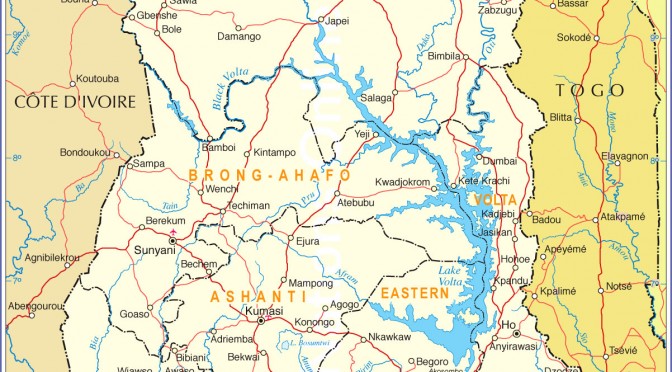Ghana’s electricity consumption will shift more towards renewable energy in the medium to long term, Ghanaian energy expert has said. In a recent interview with Xinhua, Kwame Ampofo, Chairman of the Energy Commission, said there was the need for political will, commitment and public education for this to be achieved.
“We have identified renewable energy systems, particularly solar, wind, biogas and biomass as a very valuable resource base that can help our country develop along the lines of sustainable development, meaning development that will not leave carbon footprints, development that will not result in the destruction of the environment and the exacerbation of the climate change issues,” Ampofo stated.
According to him, the West African country, which now produces 50 percent of electricity from hydro and the other 50 percent from thermal sources, would like to substitute the current thermal dependence with renewable energy dependence.
Ghana, Ampofo said, could take a cue from pioneering countries such as Germany, which is already very close to 100 percent renewable power and some countries who have already announced that by 2025, and by 2050 they are going to phase out all forms of energy sources and depend only on renewables.
“Renewables are the only ones that we can say they are indigenous to us. We have solar, the wind blows here, we have a lot of biomass; we have a lot of trash if we are talking about waste-to-power. So we can generate them ourselves. The human existence itself produces the resource for its existence, so it s a recyclable thing,” he pointed out.
Energy expert Lovans Owusu Takyi, director of the Institute of Sustainable Energy and Environmental Solutions, commended the government and its partners for having held a renewable energy fair last week.
“It is one of the most important fairs that is going to transform Ghana because it is a very important fair that comes with innovative solutions and products: solar, clean cook stoves and fuels: eco-charcoals and eco-fuels that can be used by households,” he stated.
Owusu-Takyi, whose company also took part in the exhibitions, underscored the need to create awareness about renewable energy products and solutions across the country.
The expert stressed that “access to modern affordable renewable energy solutions was key to sustainable development.”
“We need to promote renewable energy solutions at the grassroots so that it can improve their lives and standards of living,” he said.


